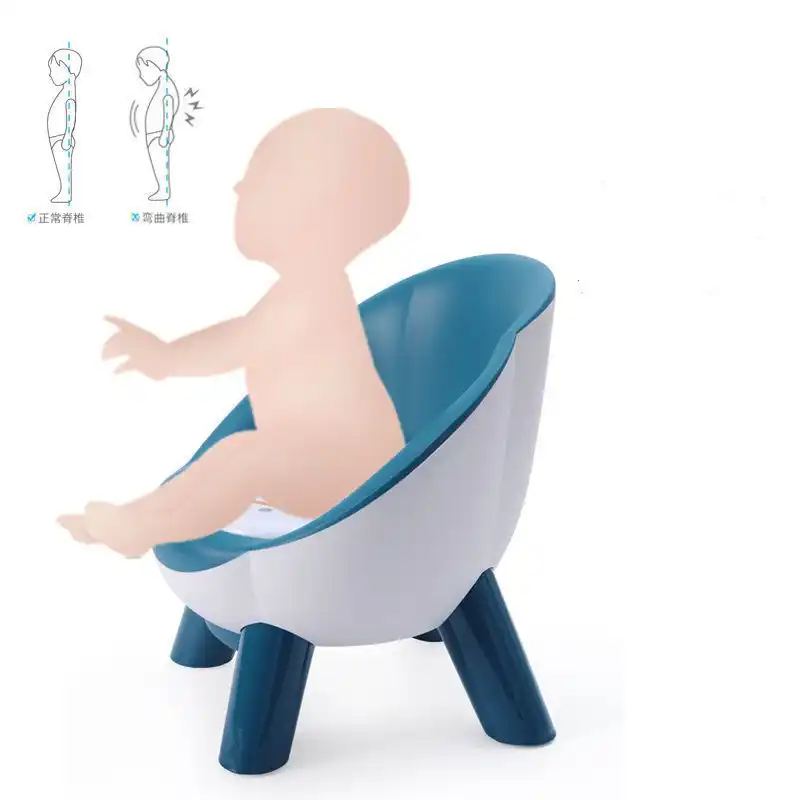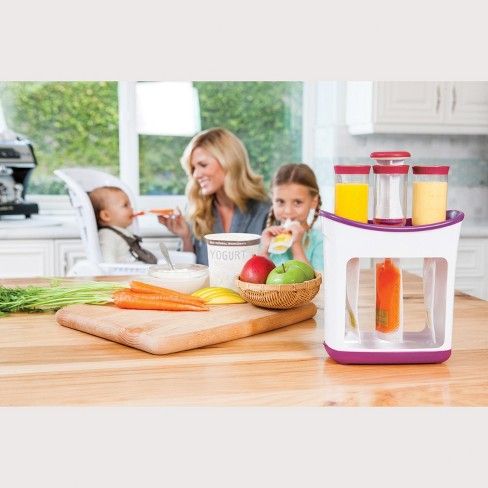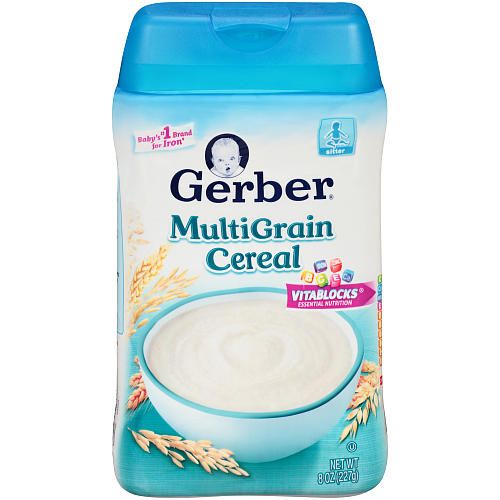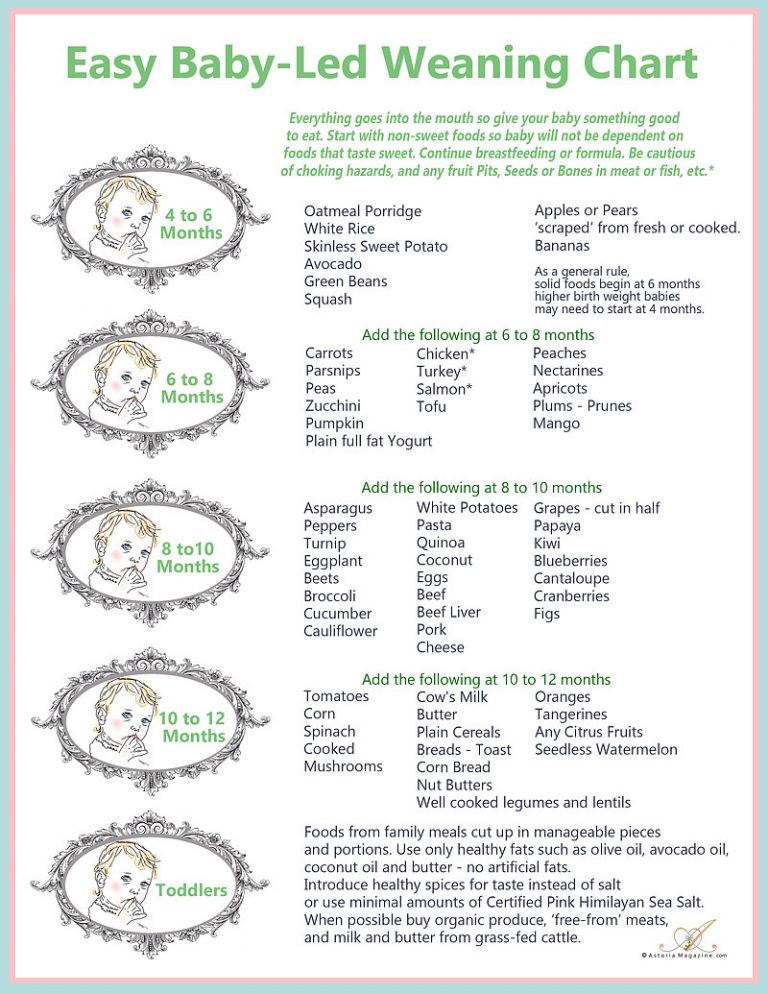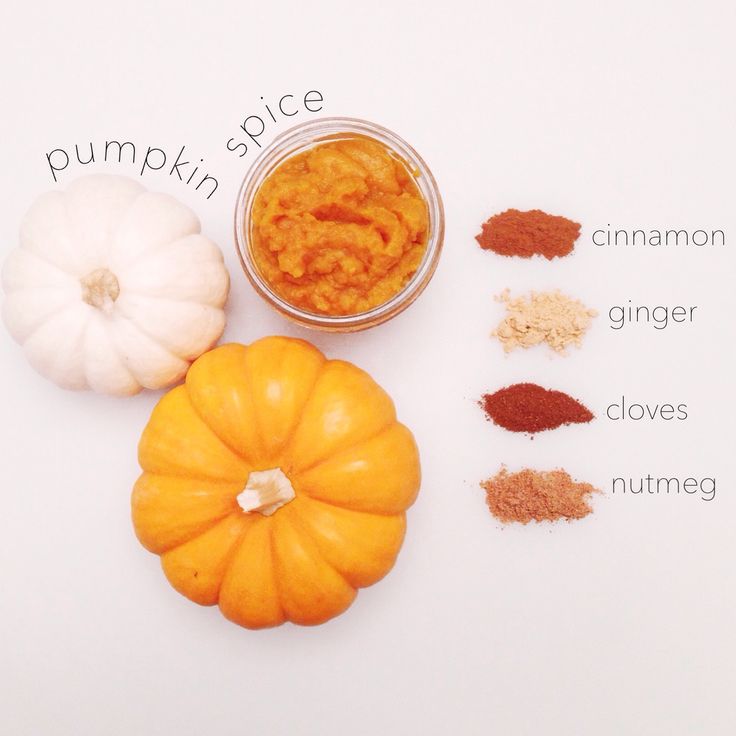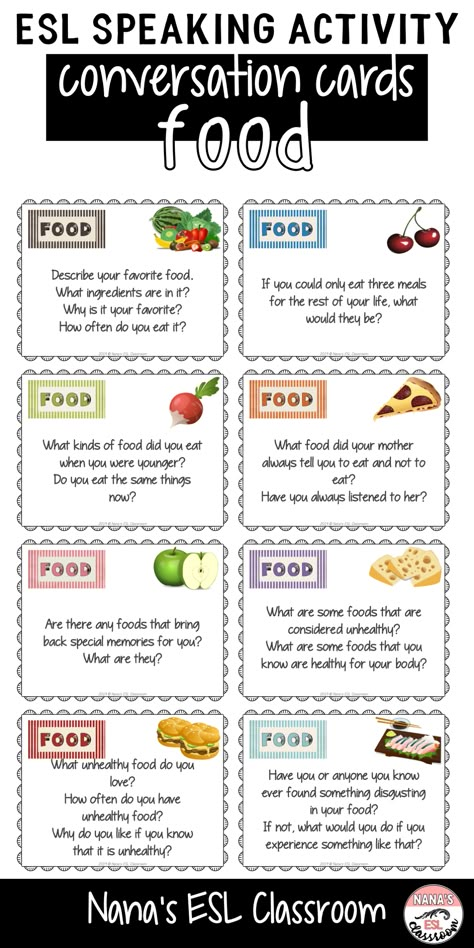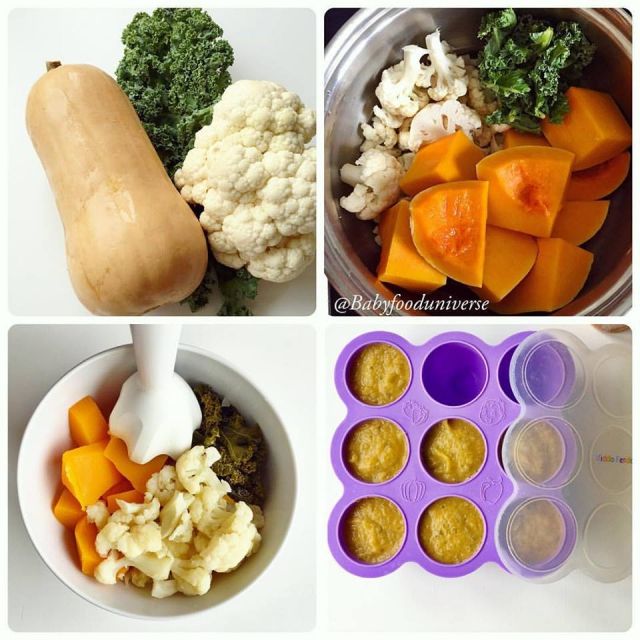Can you get baby formula with food stamps
Can You Buy Formula With An EBT Card?
This page contains affiliate links. If you use these links to buy something, we may earn a commission at no additional cost to you. As an Amazon Associate we earn from qualifying purchases made from our website. Click here to read our full privacy policy.
In recent times, many of us have been hit with unprecedented financial hardships. If you have applied to receive government benefits for the first time, you may find that knowing which foods you can and can’t buy can be complicated. For instance, can you buy formula with an EBT card?
If you have SNAP benefits, you can use that program to buy formula, as well as baby food and other eligible items. Read on to learn more about EBT benefits and what you can and can’t buy with your EBT card.
What Is the SNAP Program?
Before we dive into why you can purchase formula with your EBT card, let’s talk about the SNAP program. The Supplemental Nutritional Assistance Program (SNAP) was founded in 1933 as part of the Agricultural Adjustment Act. It’s a program designed to help low-income people afford the food they need to survive.
Chances are you’ve heard of the SNAP program before, and if you’re old enough, you may even know it as food stamps. When the program first began, people would receive paper stamps they could exchange for food at the grocery store. However, since many people wound up trading or selling these stamps for other needs, the government shifted to an electronic card system.
How Does It Connect to an EBT Card?
When the government phased out the old paper food stamps, they introduced the EBT card. Your electronic benefit transfer (EBT) card is your ticket to accessing your SNAP benefits. You can use it much like a credit or debit card at the store to purchase needed food items.
Your EBT card will have a certain amount of “stamp money” loaded onto it that you can use for food. Unlike other federal benefit programs, this card does not give you direct cash you can spend on anything you need.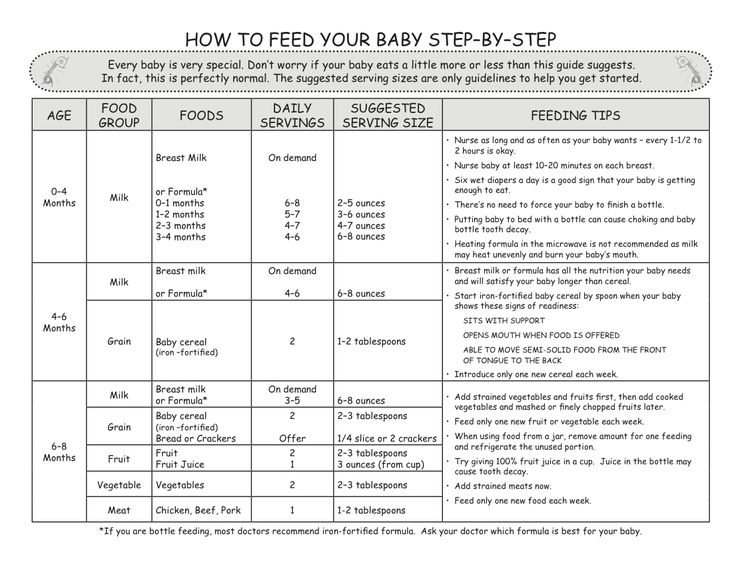 Instead, it limits which items you can purchase with this card, and you can only use it to buy food items.
Instead, it limits which items you can purchase with this card, and you can only use it to buy food items.
Are There Purchase Limits for Formula?
Because formula is considered a direct source of nutrition for infants, it is one of the items eligible for purchase with an EBT card. However, some items come with limits on how many you can buy each month or in one trip. Are there such buying limits in place for baby formula?
Luckily, there are no purchase amount limits for formula, so you can get as much as you need. The only limit is the amount of money you have on your EBT card. If possible, it’s a good idea to budget your monthly assistance amount to ensure everyone in your family, including your baby, has food to eat.
Can You Purchase Other Baby Food?
Formula is an important part of the SNAP program eligibility, but what do you do once your baby gets older? They can’t keep drinking formula forever, but they may not yet be ready to move on to solid foods.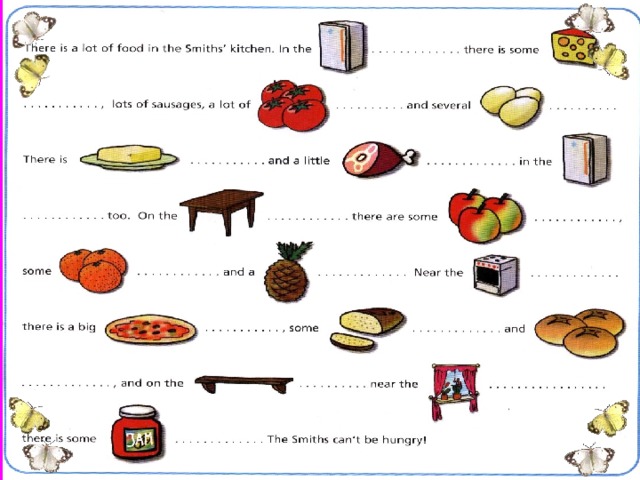 Will your EBT card work for purchasing pre-made baby food and other transitional foods?
Will your EBT card work for purchasing pre-made baby food and other transitional foods?
Baby food and other such essentials also fall under the nutrition category of SNAP benefits. You can use your EBT card to purchase jars of baby food, baby cereals, oatmeal, or other such foods. You may also be able to use this card to purchase juice and certain other drinks for small children.
Can You Buy Other Baby Products?
If you’re struggling financially, knowing you can feed your baby with SNAP benefits can be a huge load off. But there are many other expenses associated with raising a child—medical expenses, toys, clothes, and diapers, to name a few. In fact, the average parent spends nearly $1,000 a year on diapers alone.
Unfortunately, these other items do not fall under the nutritional requirements for SNAP benefits. You can’t purchase them using an EBT card without facing serious consequences. But later on, we’ll discuss some ways you may be able to get help buying diapers and other such necessities.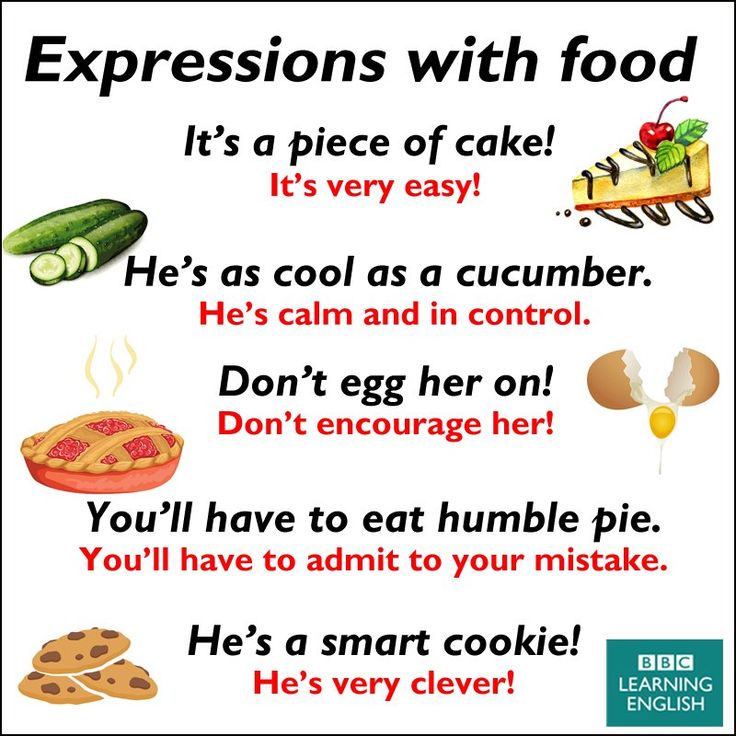
Eligibility for SNAP
Eligibility for SNAP benefits will vary from state to state, so you must check on your particular state’s guidelines. In general, these guidelines are usually based on total household incomes rather than individual incomes. They will also depend largely on how many people, including children, depend on you financially.
To determine your eligibility, a member of your household must contact the SNAP office in your state.
What You Can Purchase With an EBT Card
In general, EBT cards are meant to help you and your family purchase food only, not other necessities. This food does not have to be healthy or meet certain requirements; it must only be intended for your family to consume directly. Processed food, snacks, candy, and sweets are all eligible for EBT card purchases, though they are not the best choice.
You can also use your EBT card to purchase seeds that will be used to grow food for your family. Starting a garden can be a great way to supplement your food resources, especially if you harvest seeds from the food you grow.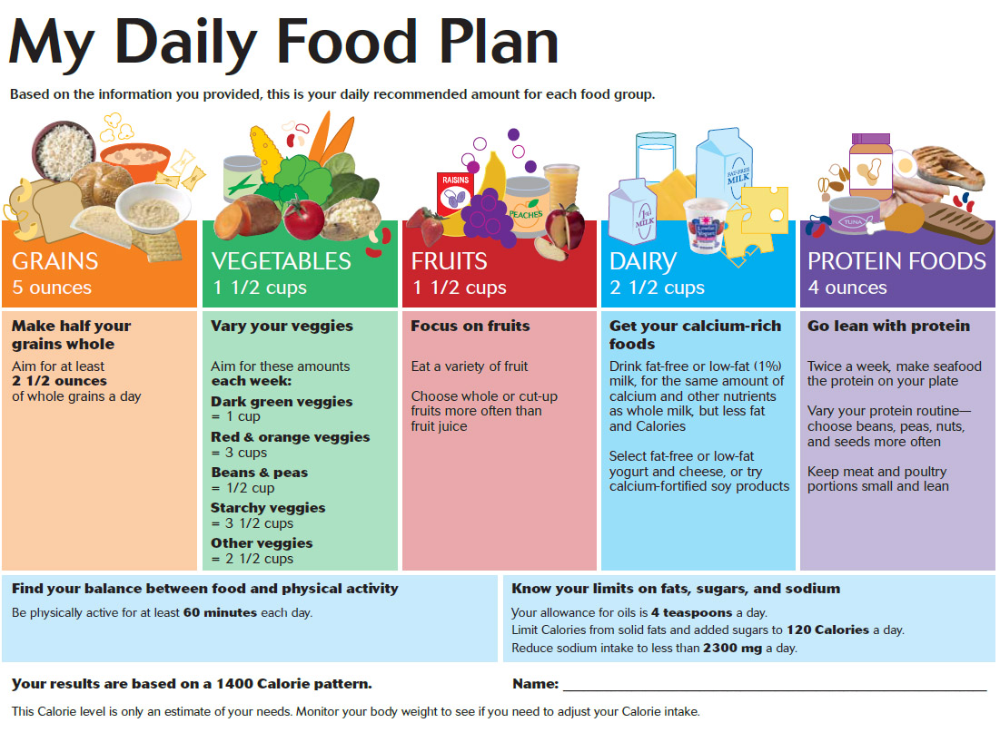 Your garden can even help others in your community get the nutrition they need.
Your garden can even help others in your community get the nutrition they need.
EBT Card Limitations
There are a variety of essentials that don’t fall under the SNAP benefits program. For instance, you can’t use your EBT card to buy toilet paper, cleaning supplies, or medicines. You also can’t use your EBT card to buy premade hot foods at stores, such as a burger from the fast-food restaurant in the grocery store.
Unfortunately, SNAP benefits also do not cover pet food, though there are other ways to help keep your best friend fed. And you may not be surprised to learn that alcohol and tobacco aren’t eligible for purchase with your EBT card. If you or someone in your family struggles with an addiction to these substances, there are programs that can help you.
Where You Can Use an EBT Card
EBT cards are accepted at stores in all fifty states and U.S. territories like Puerto Rico and the Virgin Islands. Most standard grocery stores and convenience stores participate in the SNAP program and will accept an EBT card. However, it’s always a good idea to check with a new store to make sure they’ll accept your card before you begin shopping, especially if it’s a small business.
However, it’s always a good idea to check with a new store to make sure they’ll accept your card before you begin shopping, especially if it’s a small business.
There are some farmer’s markets that also accept EBT cards. This can be a great way to get your family fresh fruits and vegetables from local sources without having to turn to your local big-box retailer. You may also be able to get seeds and gardening advice from your local farmer’s market vendors, so be sure to check for when and where they set up.
Cautions When Using an EBT Card
When you’re shopping, it’s natural to throw all your items such as food and other necessities into the basket together and then put them on the conveyor belt without thinking. However, your EBT card will only cover those items in your cart that qualify for the program.
Aid for Diapers and Baby Products
So what do you do if you have to buy diapers, but you can barely afford to keep a roof over your baby’s head, and you rely on SNAP benefits to keep them fed? If your child is enrolled in an Early Head Start or Head Start program, they should receive diapers while at the program.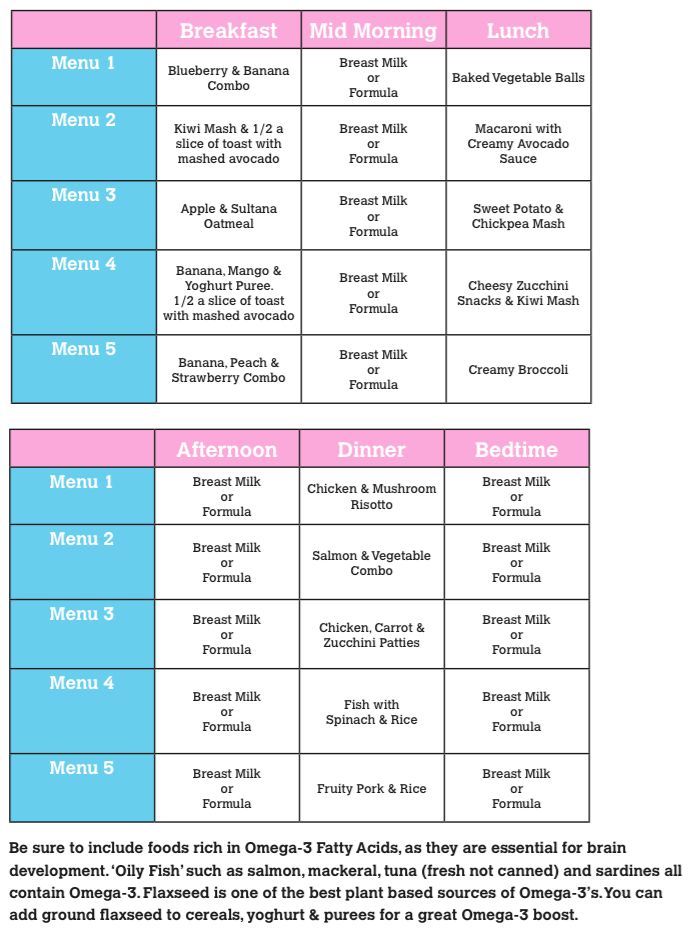 If you receive TANF benefits, you can also use that money to purchase diapers.
If you receive TANF benefits, you can also use that money to purchase diapers.
Some community programs work to provide diapers and other such necessities for families in need. There is also a bill in Congress that would help provide diapers to families all across the country. Talk to your local representatives about whether such a program is available in your community, and ask your national representatives to vote yes on HR1846.
Answer, “Can You Buy Formula with an EBT Card?”
Trying to keep your family fed can be a challenge, especially in times like this. Luckily, the answer to the question, “Can you buy formula with an EBT card?” is yes. Formula and other food products that will provide nutrition for your children are eligible for the program.
If you qualify for SNAP benefits, you may also qualify for free Lifeline phone service. Apply now and start getting the help you need to stay connected.
If you’re looking for more information on how to get resources for your baby on a tight budget, click here.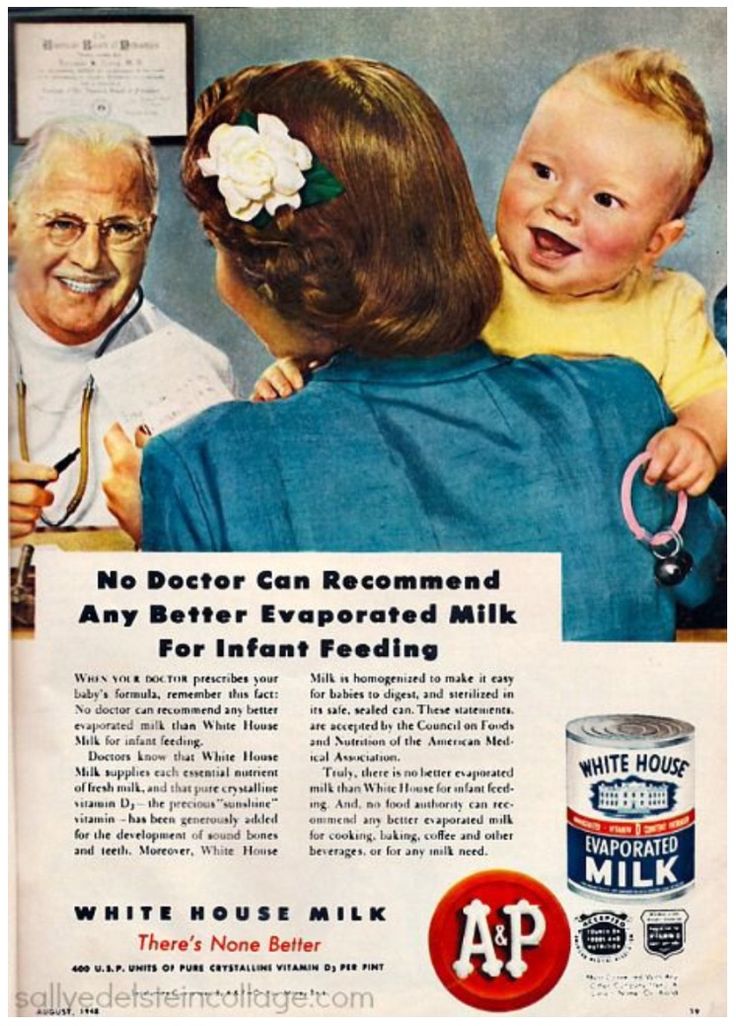
SNAP and Baby Formula | Store Brand Formula
Perrigo purchases Nestlé’s Gateway infant formula plant and acquires the U.S. and Canadian rights to Good Start® infant formula brand. Learn more
Use Your Supplemental Nutrition Assistance Program (SNAP) Benefits to Buy Baby Formula
You might be surprised to learn that the federal government will help you buy baby formula.
Known as SNAP, the Supplemental Nutrition Assistance Program provides nutrition benefits to supplement the food budget of families in need so they can purchase healthy food and move towards self-sufficiency. You can use your SNAP benefits to buy an array of eligible food items: fruits and vegetables; meat, poultry, and fish; dairy products; breads and cereals; snack foods and non-alcoholic beverages; seeds and plants; baby food and infant formula.
EBT is an electronic system that allows SNAP participants to pay for food using SNAP benefits. When you shop at a SNAP-authorized store, your SNAP EBT account card is debited to reimburse the store for the food you bought. SNAP founds are loaded to your account monthly.
SNAP founds are loaded to your account monthly.
Store Brand Baby Formula is SNAP-Eligible, and Offers a No-Compromise, Safe Solution
Parents and caregivers experiencing food insecurity often must make difficult decisions when it comes to feeding their family. Store brand infant formulas offer a no-compromise, safe solution by providing families access to complete and affordable nutrition wherever they shop, in-store and online. And store brand baby formula is SNAP-eligible.
Whether you're spending your own money or using SNAP dollars, look for ways to save. If you use infant formula, consider using store brand infant formulas because they provide complete nutrition and meet the same FDA standards as the big-name brands like Enfamil® and Similac®* but cost up to 50 percent less**. That's an average of $64 a month in savings—which is huge, especially right now.
With $20, families can provide 5 more days of complete nutrition by choosing Store Brand Infant Formula compared to name brands.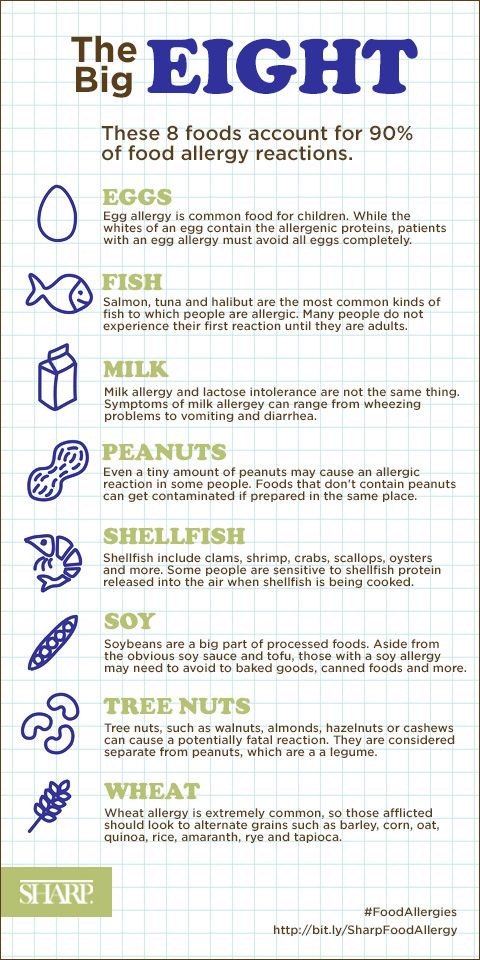 1
1
Store Brand Infant Formulas provide complete nutrition, just like Similac® and Enfamil®, but cost about 50% less.2,3
Your SNAP Dollars Go Further with Store Brand Infant Formula
Many people don't realize that when using SNAP dollars to buy store brand formula instead of the nationally advertised brands, you can get twice as many days of safe, complete nutrition.
To get SNAP benefits, you must apply in the state in which you currently live and you must meet certain requirements, including resource and income limits, which are described on this page. SNAP income and resource limits are updated annually. More information is available online.
*Enfamil® is a registered trademark of Mead Johnson & Co. Similac® is a registered trademark of Abbott Laboratories. Store brand infant formula is NOT made by or affiliated with Mead Johnson & Co. or Abbott Laboratories.
**Calculation based on December 2020 IRi Market Advantage annual retail sales data of national brand infant formula powder compared to store brand infant formula powder cost per week based on an average weekly usage of 1.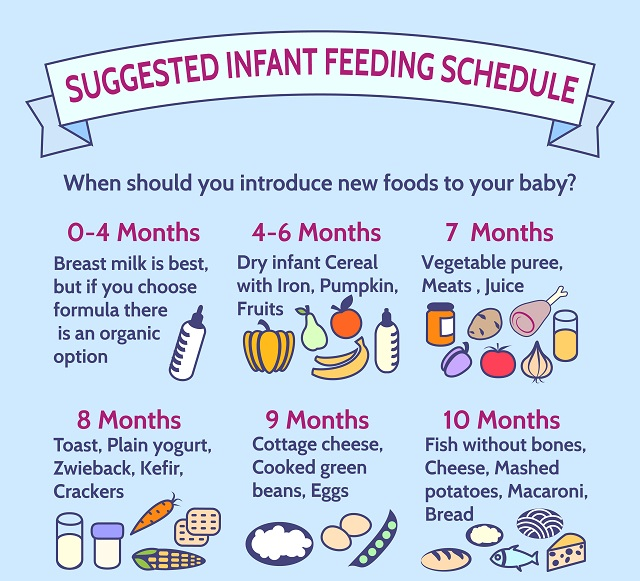 5 pounds of powder.
5 pounds of powder.
1Reflects an average consumption of 26 fl. oz. per day in the first year. Pricing, reconstitution rates and infant formula consumption may vary. Based on IRi Market Advantage sales data, September 2020.
2Enfamil® is a registered trademark of Mead Johnson & Co. Similac® is a registered trademark of Abbott Laboratories. Gerber® is a registered trademark of Nestle® Brands.
3Calculations based on September 2020 IRi Market Advantage annual retail sales data of national brand infant formula compared to store brand infant formula based on an average cost per week and average weekly usage of 1.5 pounds of powder.
Dairy cuisine: who is supposed to, what documents are needed, the norms for issuing in 2021
January 14, 2021 Gorbyleva Elena Nikolaevna 73
Add to favorites To favorites
Share
Dairy cuisine is a measure of social support, which, unfortunately, not everyone knows about.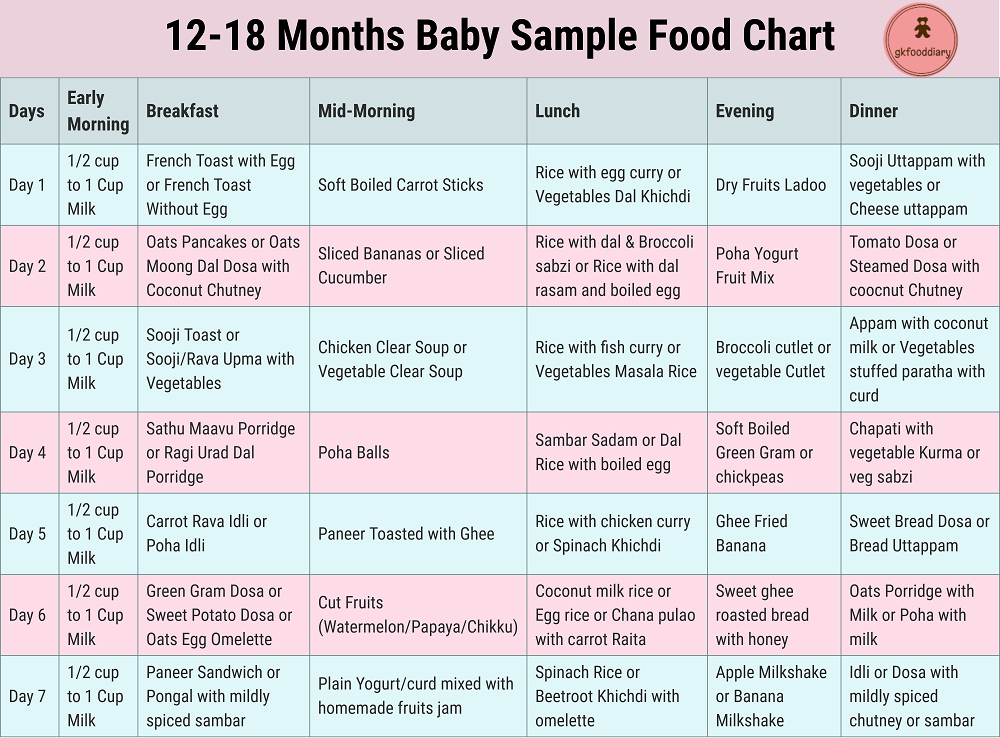 Not everyone can use the dairy kitchen. Therefore, you need to know who is entitled to dairy cuisine: it is quite possible that you or your child are entitled to receive free quality food. In this article, we will figure out who is entitled to a dairy kitchen in 2021, and how to get the right to use it. nine0003
Not everyone can use the dairy kitchen. Therefore, you need to know who is entitled to dairy cuisine: it is quite possible that you or your child are entitled to receive free quality food. In this article, we will figure out who is entitled to a dairy kitchen in 2021, and how to get the right to use it. nine0003
- For whom the children's dairy kitchen is intended
- Norms for issuing a dairy kitchen
- How to enter a dairy kitchen
- Documents for a dairy kitchen
For whom a children's dairy kitchen is intended
City administration), as well as the procedure for processing documents for obtaining products in the dairy kitchen. Local governments also choose an organization that deals with the issuance of special meals. nine0003
If we talk about who is supposed to have a dairy kitchen, then it should be said that in different regions the list of such persons may differ significantly. In the most general form, the following categories of citizens who have the right to receive products in the dairy kitchen can be distinguished:
- very small children (up to 1 year old), provided that they are on artificial or combined feeding;
- children aged 1 to 3 years;
- children from large families before they reach the age of 7; nine0012
- disabled children under 15 years of age.
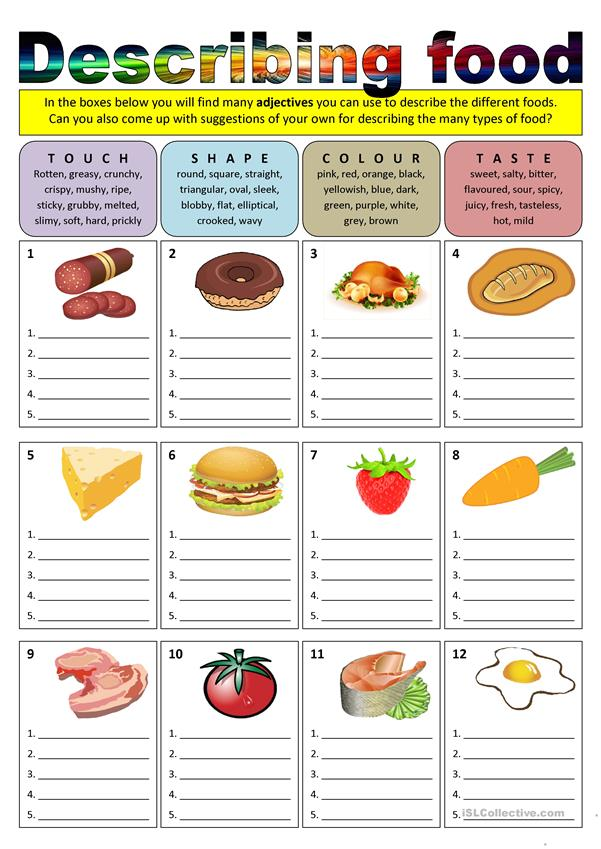
In addition, the right to a dairy kitchen may be granted to pregnant and lactating women until the child reaches the age of 6 months.
The basis for issuing special meals in the children's dairy kitchen is a doctor's opinion.
If a child left without parental care has the right to receive dairy food, his legal representatives can exercise this right for him.
You can unequivocally answer the question of who is entitled to dairy cuisine in 2020 in your region by reading the local regulations relating to this issue.
Norms for issuing dairy kitchens
The decision of local governments determines not only the categories of citizens who have the right to receive products from the dairy kitchen, but also the norms according to which the dairy kitchen distributes products to citizens in 2020.
For children, the norms for issuing dairy food in 2021 are determined depending on age; for mothers, depending on whether the woman is pregnant or breastfeeding:
- The standard menu for children under one year old contains dry and liquid milk formulas, fruit and vegetable juices and purees, and porridge.
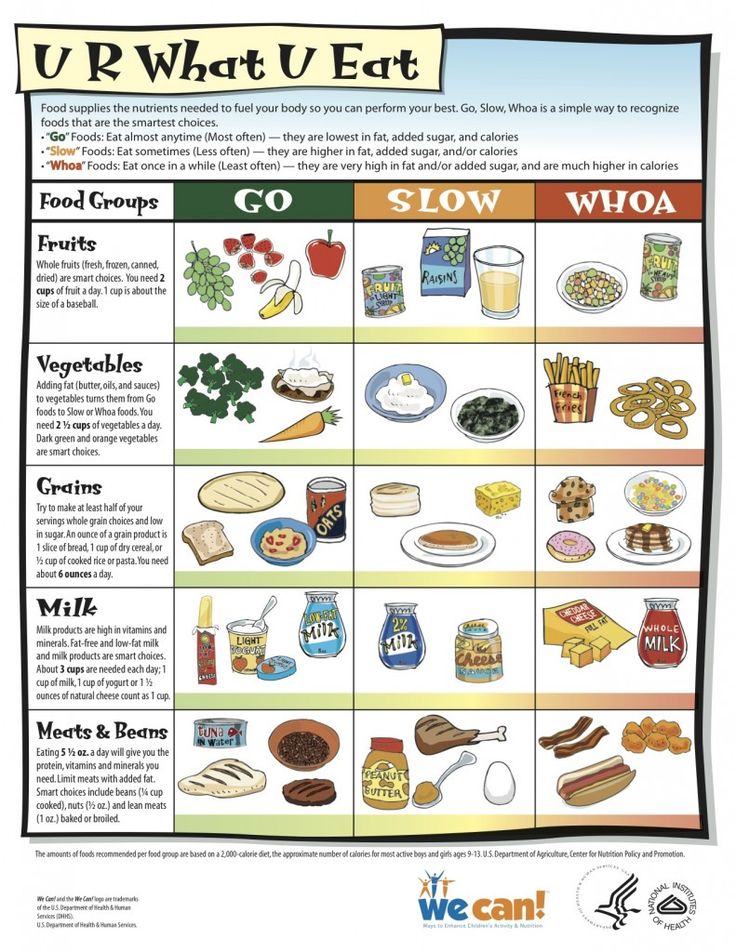
- For older children (up to 3 years old), the dairy kitchen provides milk, cottage cheese, kefir, fruit puree.
- If we talk about children who receive food before the age of 7 or 15, children with disabilities, then the dairy kitchen should give them only milk in the prescribed amount.
- Pregnant and lactating women should receive fortified juice and milk. nine0012
How to get into the dairy kitchen
If we talk about how to get into the dairy kitchen, it must be said that it all depends on who is the recipient of the special meal.
- Dairy kitchen for pregnant women is prepared in the antenatal clinic by a doctor who observes the expectant mother.
- For lactating women, the dairy kitchen is also issued by a doctor, but already by one who has a child.
- The attending physician arranges a dairy kitchen for all categories of children. nine0012
To confirm the basis on which a dairy kitchen is issued, it is necessary to submit the relevant documents.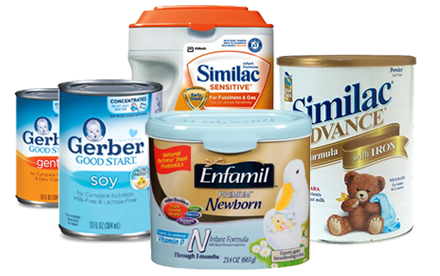
Documents for a dairy kitchen
The first basis for receiving any benefit, allowance or assistance is always a personal application of a citizen. In this case, this will be either the legal representative of the child, or a pregnant or nursing mother. The application is written in the name of the chief physician of the medical institution in which you are attached. In addition to the application, it is necessary to submit other documents for the dairy kitchen in 2020. Among them:
- child's birth certificate;
- his compulsory health insurance policy;
- certificate of registration of the baby at the place of residence;
- passport of the legal representative or woman who is supposed to receive the products;
- other documents confirming the right to receive special meals.
For example, these can be certificates of recognition of a family with many children, disability or a child with a chronic illness.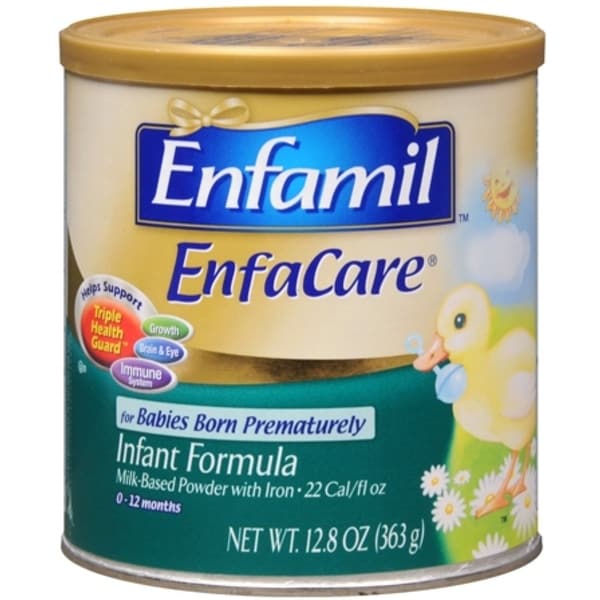 nine0003
nine0003
Important! The exhaustive list of documents depends on the region where you live and the provisions of local laws.
Keep in mind that dairy products come with a prescription, so be sure to fill it out regularly. If you receive a prescription for a child, you must go to the appointment with the baby. Otherwise, the doctor does not have the right to write you a prescription for special meals in the dairy kitchen.
Even more materials on the topic in the heading: "Dairy cuisine". nine0003
Sources:
- Federal Law "On the fundamentals of protecting the health of citizens in the Russian Federation" dated November 21, 2011 No. 323-FZ
Add to favorites To favorites
Share
90,000 resources for families | Child Care DivisionNew York State Preschool Family Guide
The New York State Council on Children and Families updated the New York State Early Childhood Guide on Early Childhood Services to include information on a range of types of support for families.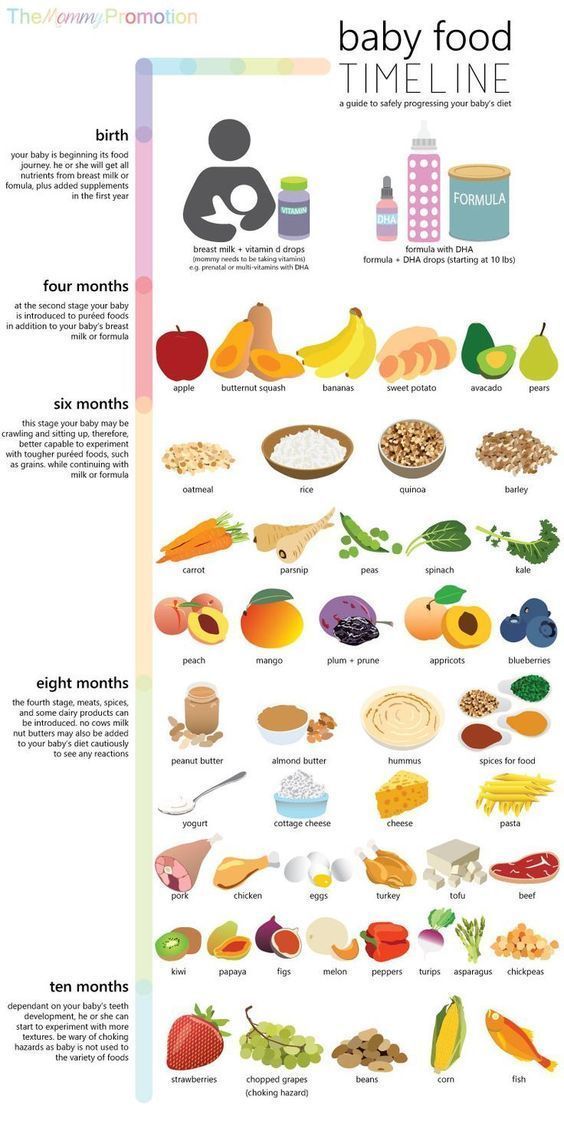
Child Care Request
To ease the burden on families seeking child care, OCFS has partnered with the Council for Early Care and Education, Inc. to create a Common Child Care Request Form. Parents may complete this form once and send it to any child care provider they may be interested in caring for their child(ren). nine0003
Child Care Assistance
The Department of Children and Families is committed to providing child care assistance to eligible families through the Child Care Grant Program. Child care subsidies can help parents/guardians pay for some or all of their child care.
Read general information about child care subsidies and find out if you qualify for assistance.
Child and Adult Nutrition Program (CACFP)
CACFP assists child and adult care facilities and family or group day care centers to provide nutritious foods that promote the well-being, healthy growth and development of young children, and the health and well-being of the elderly and people with disabilities with chronic conditions .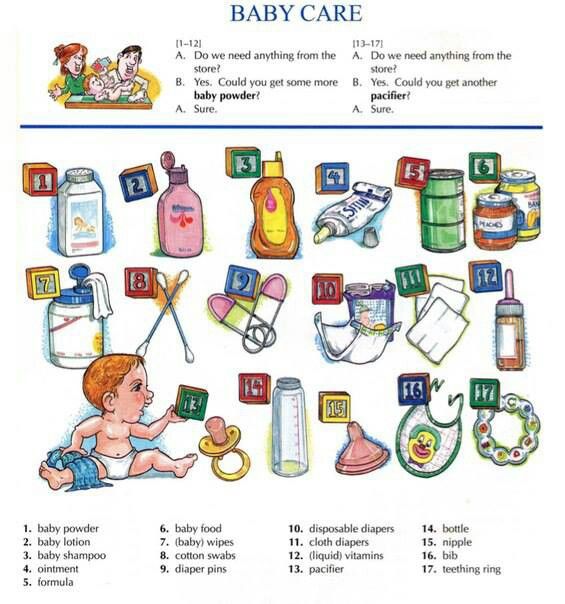 . For more information, visit the USDA website at www.fns.usda.gov/cacfp/child-and-adult-care-food-program or the New York State Department of Health website at www.health .ny. gov/prevention/nutrition/cacfp/aboutcacfp.htm . nine0003
. For more information, visit the USDA website at www.fns.usda.gov/cacfp/child-and-adult-care-food-program or the New York State Department of Health website at www.health .ny. gov/prevention/nutrition/cacfp/aboutcacfp.htm . nine0003
Temporary Assistance for Needy Families (TANF)
Temporary assistance for needy men, women and children. If you can't work, can't find a job, or your job isn't making enough money, temporary assistance can help pay your expenses. Families who need information about temporary assistance (TA) should contact their local department of social services or visit the New York State Temporary Assistance Administration (NYSOTDA) website at otda.ny.gov/workingfamilies/. nine0003
myBenefits - New York State Office of Temporary and Disability Assistance
The OTDA site myBenefits.ny.gov is a pre-screening tool that provides New Yorkers with a quick and easy way to find benefits they may be eligible for . Searching this page may take up to ten minutes. The information is confidential.
The information is confidential.
Head Start and Early Head Start programs
Head Start and Early Head Start are comprehensive child development programs. Head Start serves children ages 3 to 5 and their families. Early Head Start serves pregnant women and their families, as well as children from birth to 3 years old and their families. Families wishing to participate in Head Start and Early Head Start should visit the New York State Department of Education website at eservices.nysed.gov/countymap/index.html and search for programs by county. nine0003
Home Energy Assistance Program (HEAP)
HEAP is a federally funded program that helps eligible households meet their electricity needs. Families can apply online at otda.ny.gov/workingfamilies.
Supplemental Food Assistance Programs (SNAP - formerly known as food stamps)
SNAP provides monthly benefits that can be used at authorized retail grocery stores. Families can apply for SNAP online at otda.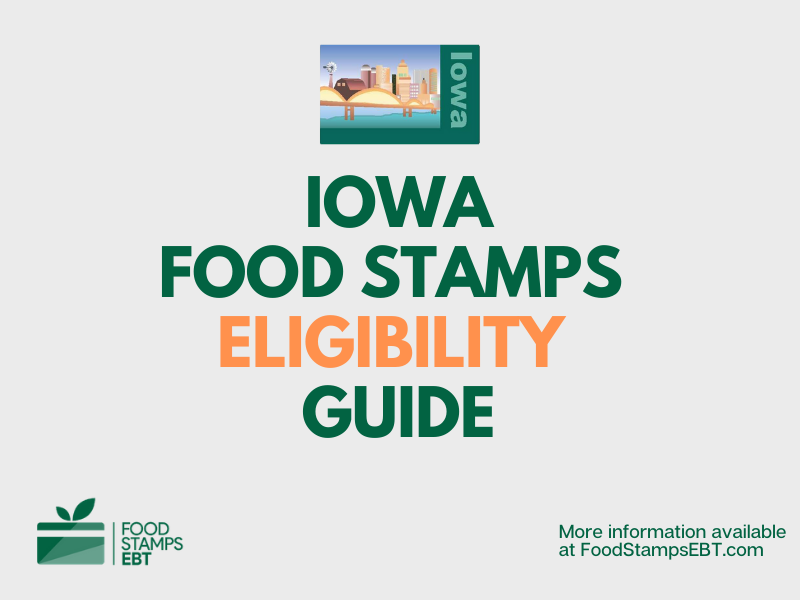 ny.gov/programs/applications/
ny.gov/programs/applications/
Help getting infant formula
Resources if you or someone you know can't find formula for your baby: Help with formula shortages.
Women, Infants, and Children (WIC)
The WIC program helps families pay for formula and other nutritional products. Families can check their eligibility for this program at otda.ny.gov/workingfamilies/.
New York Health Market
You and your family have many new, affordable, quality health insurance options available in the individual market. You can quickly compare health plan options and apply for help that can lower the cost of your health insurance. You can also qualify for Medicaid or Child Health Plus through the Marketplace. You can check your eligibility for the program at otda.ny.gov/workingfamilies/. nine0003
Individuals with Disabilities Education Act (IDEA) Early Intervention Program
In New York State, the lead agency for the Early Intervention Program (EIP) is the Department of Health (NYSDOH). Primary referral sources, including health care providers, social service providers, child care providers, EIPs, and a range of young child care professionals, should refer children at risk or suspected of having a disability to a facility. EIP, unless the parent objects to the referral. For children at risk, the EIP coordinates screening and tracing to ensure that children are referred for EIP services if they have a developmental delay or disability. nine0003
Primary referral sources, including health care providers, social service providers, child care providers, EIPs, and a range of young child care professionals, should refer children at risk or suspected of having a disability to a facility. EIP, unless the parent objects to the referral. For children at risk, the EIP coordinates screening and tracing to ensure that children are referred for EIP services if they have a developmental delay or disability. nine0003
Families interested in learning more about EIP should visit the New York State Department of Health Bureau of Early Intervention website at www.health.ny.gov/community/infants_children/early_intervention/ or contact the Bureau of Early Intervention by phone (518) 473-7016. or email [email protected] .
Preschool Special Education Program and Services
The New York State Department of Education (NYSED), through local school districts, operates preschool special education programs and services for preschoolers with disabilities ages 3 to 5. The Board of Education (BOE) or the trustees of each school district are required to identify all students with disabilities residing in the school district and maintain a register of children eligible to attend the district's public schools or attend a preschool program during the following school year. In addition, various people can refer the child to the Committee for Early Childhood Special Education (CPSE), such as a parent, physician, legal officer, designee in a government agency, or someone from an Early Childhood Referral Center, an approved preschool program. or the Early Intervention Program (EIP). Parents who need more information about the special early childhood education program and services should visit the New York State Department of Education at www.p12.nysed.gov/specialed/quality/parents.htm . nine0003
The Board of Education (BOE) or the trustees of each school district are required to identify all students with disabilities residing in the school district and maintain a register of children eligible to attend the district's public schools or attend a preschool program during the following school year. In addition, various people can refer the child to the Committee for Early Childhood Special Education (CPSE), such as a parent, physician, legal officer, designee in a government agency, or someone from an Early Childhood Referral Center, an approved preschool program. or the Early Intervention Program (EIP). Parents who need more information about the special early childhood education program and services should visit the New York State Department of Education at www.p12.nysed.gov/specialed/quality/parents.htm . nine0003
Bureau of Housing and Supportive Services (BHSS)
The Bureau of Housing and Supportive Services operates a number of programs to address homelessness in the state.



